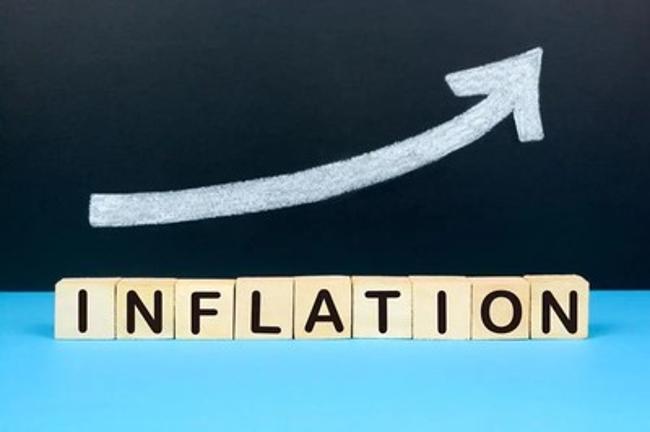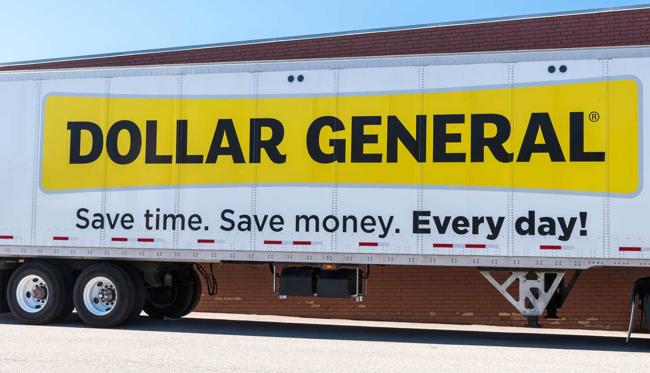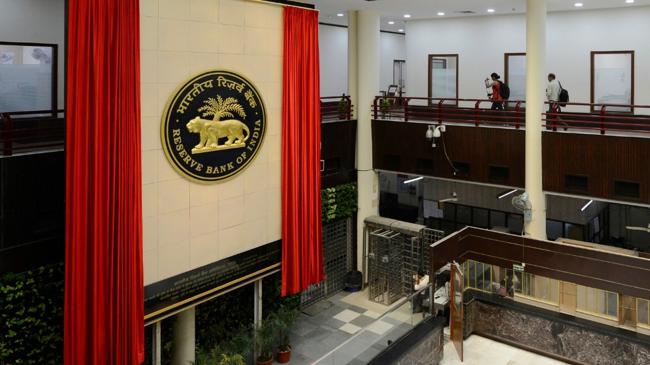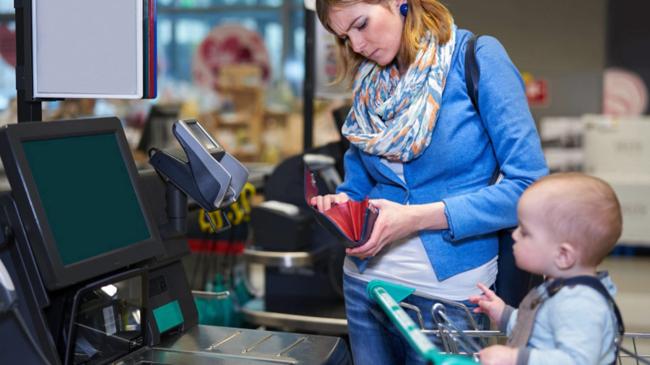Summary
The GCC-Stat announced on Sunday that consumer price data indicated a 1.7 percent increase in the general inflation rate across the GCC
Source: Arab Times

AI News Q&A (Free Content)
Q1: What were the primary drivers behind the 1.7% increase in the GCC inflation rate in December 2024?
A1: The 1.7% increase in the GCC inflation rate in December 2024 was largely attributed to rising food and energy prices, as well as increased costs in transportation and housing. According to regional economic reports, disruptions in global supply chains and heightened demand during the holiday season also contributed to price pressures across supermarkets and retail sectors in the Gulf region.
Q2: How has the rise in inflation affected consumer decision-making in GCC supermarkets?
A2: Rising inflation has prompted GCC consumers to become more price-sensitive, often opting for generic brands and seeking out promotions or discounts in supermarkets. Research indicates that shoppers are increasingly using digital tools to compare prices and are prioritizing essential goods over discretionary items, reshaping purchasing patterns across retail outlets.
Q3: What technological innovations are supermarkets in the GCC adopting to manage inflationary pressures and improve consumer experience?
A3: Supermarkets in the GCC are implementing smart technologies such as connected inventory systems, AI-driven pricing tools, and customer tracking through computer vision to optimize operations and enhance shopper convenience. For example, the SysMART system enables real-time inventory checks and remote parking availability, helping retailers manage stock levels more efficiently and mitigate the effects of inflation on supply and demand.
Q4: How do supply and demand dynamics influence retail inflation in the GCC, according to recent scholarly research?
A4: Recent studies highlight that retail inflation in the GCC is heavily influenced by supply-demand mismatches, with factors such as import dependency and global commodity price fluctuations playing significant roles. Decentralized self-regulatory frameworks leveraging IoT technologies are being explored to enable real-time adjustments and improve the resilience of supply chains in response to inflationary shocks.
Q5: What are the economic impacts of inflation on GCC family budgets and shopping behavior?
A5: Inflation has led to an increase in household expenditure, compelling families in the GCC to adjust their shopping budgets by prioritizing necessities and reducing spending on non-essential goods. Surveys show a trend toward bulk buying and greater reliance on promotional offers, as families strive to stretch their budgets amid rising supermarket prices.
Q6: What insights have recent scientific papers provided on the use of AI in managing supermarket supply chains during periods of inflation?
A6: Recent research papers demonstrate that AI technologies, including machine learning and predictive analytics, are being used to enhance supply chain efficiency and reduce costs in supermarkets. These tools support better demand forecasting, dynamic pricing, and inventory management, ultimately helping retailers respond proactively to inflationary pressures and maintain consumer satisfaction.
Q7: How are consumers and retailers in the GCC adapting to inflation through sustainable and innovative practices?
A7: Consumers and retailers are adopting sustainable practices such as reducing food waste, sourcing locally to cut transportation costs, and investing in eco-friendly packaging. Technological innovations like automated inventory tracking and energy-efficient store designs are also being utilized to lower operational expenses, aligning cost-saving measures with environmental goals amidst inflation.
References:
- GCC inflation rate rises 1.7% in December 2024 - Arab News, https://www.arabnews.com/node/2448136/business-economy
- United Arab Emirates - Economy and Diversification, https://en.wikipedia.org/wiki/United_Arab_Emirates





